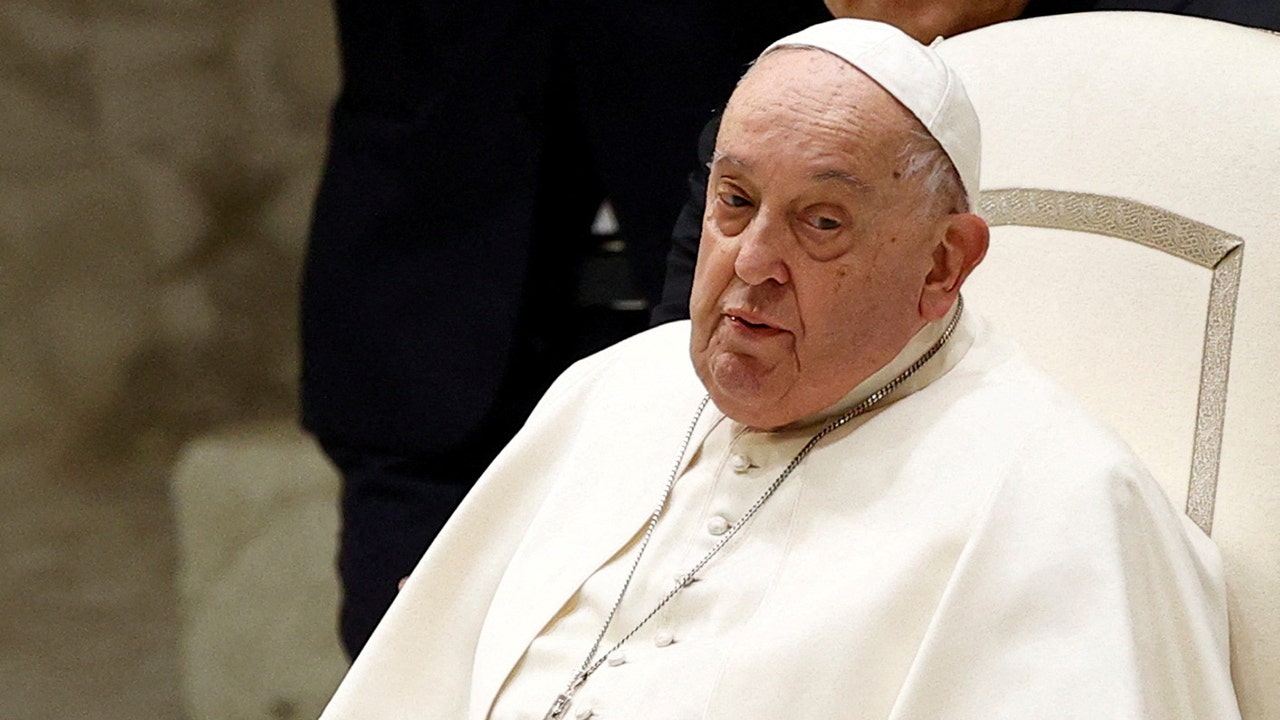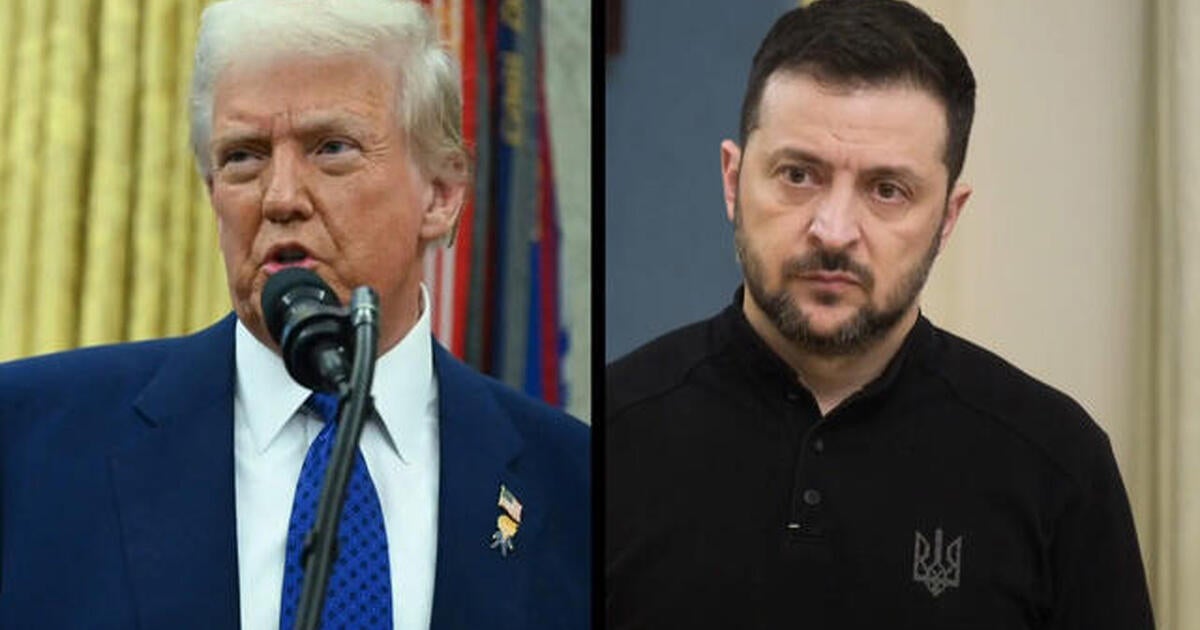Unraveling Pope Francis’ Health: Understanding His Battle with Pneumonia
Pope Francis is currently facing a significant health challenge as he battles bilateral pneumonia. This condition, which involves inflammation of the lungs affecting both sides, can lead to serious complications, especially in older adults. As the leader of the Catholic Church, his health is not only a personal concern but also a matter of global interest. This article delves into the implications of his health condition, the treatments available, and what it means for his papacy and the faithful worldwide.
The Context of Pope Francis’ Health
Born Jorge Mario Bergoglio in 1936, Pope Francis has served as the head of the Catholic Church since 2013. He has often been seen as a modernizing force within the Church, advocating for social justice, environmental issues, and interfaith dialogue. However, his advanced age and recent health issues have raised concerns about his ability to fulfill his papal duties effectively.
In March 2023, Pope Francis was hospitalized for a respiratory infection, later diagnosed as bilateral pneumonia. This development came shortly after a series of public engagements that showcased his ongoing commitment to his role, despite his age. The diagnosis prompted immediate medical attention and has led to a series of discussions around the Pope’s health and the potential impact on the Church.
Understanding Bilateral Pneumonia
Bilateral pneumonia is a serious respiratory condition that affects both lungs, causing symptoms such as:
- Coughing
- Shortness of breath
- Fever and chills
- Chest pain
- Fatigue
This condition can arise from various causes, including bacterial, viral, or fungal infections. In the case of Pope Francis, the exact cause has not been publicly disclosed, but age and underlying health conditions can exacerbate the severity of pneumonia. The Pope’s medical team has emphasized the importance of close monitoring and treatment to ensure a full recovery.
The Medical Response
Upon diagnosis, Pope Francis was placed under strict medical supervision. Treatments for pneumonia typically include:
- Antibiotics (if bacterial)
- Antiviral medications (if viral)
- Oxygen therapy for severe cases
- Rest and supportive care
The Vatican has assured the public that the Pope is receiving the best medical care available. His resilience and past experiences with health issues, including surgery in 2021 for diverticular stenosis, have played a crucial role in his recovery journey. Pope Francis’ medical team has been optimistic about his prognosis, citing his strong spirit and determination.
Implications for the Papacy
The health of Pope Francis holds significant implications not only for him personally but also for the Catholic Church as a whole.
- Leadership Stability: A Pope’s health can affect the Church’s leadership stability. In the event of prolonged illness, discussions around succession may arise, although Francis has expressed no intention of resigning.
- Public Engagement: The Pope’s ability to engage with the public is crucial for maintaining the Church’s presence in the world. His health challenges may limit his travel and public appearances, impacting outreach efforts.
- Global Influence: As a prominent figure on social issues, Pope Francis’ health status could influence the pace and direction of Church initiatives on climate change, poverty, and social justice.
The Faithful’s Reaction
The news of Pope Francis’ battle with pneumonia has prompted an outpouring of support and prayers from Catholics and non-Catholics alike. Social media platforms have become filled with messages of encouragement, reflecting the Pope’s global impact. Many followers see him as a symbol of hope and resilience, and his health struggles resonate deeply with those who have faced similar challenges.
In addition to personal prayers, various religious organizations have organized masses and prayer vigils for the Pope’s swift recovery. This collective response underscores the unifying power of faith, especially during times of uncertainty.
The Path Forward
As Pope Francis continues to recover, the Church remains vigilant in its operations and outreach. The Vatican has indicated that plans for the upcoming events and activities will be adjusted according to the Pope’s health. This flexibility ensures that he can participate fully when ready, maintaining his commitment to serving the Church and the global community.
Moreover, this situation serves as a reminder of the importance of health in leadership roles. As the world navigates various crises, the Pope’s health emphasizes the need for leaders to prioritize their well-being to effectively serve their communities.
Final Thoughts
The battle with bilateral pneumonia is a significant health challenge for Pope Francis, but it also offers an opportunity to reflect on the broader implications of health in leadership. His resilience and dedication to his role as the Pope continue to inspire millions around the world. As the faithful rally in support, there is hope for a swift recovery, allowing him to continue his vital work in promoting peace, compassion, and understanding in an increasingly complex world.
In conclusion, Pope Francis’ health is not just a personal matter; it is a global concern that highlights the interconnectedness of faith, leadership, and community support. As we await further updates on his recovery, let us remain hopeful and united in our prayers for his health and well-being.
See more Update My News


